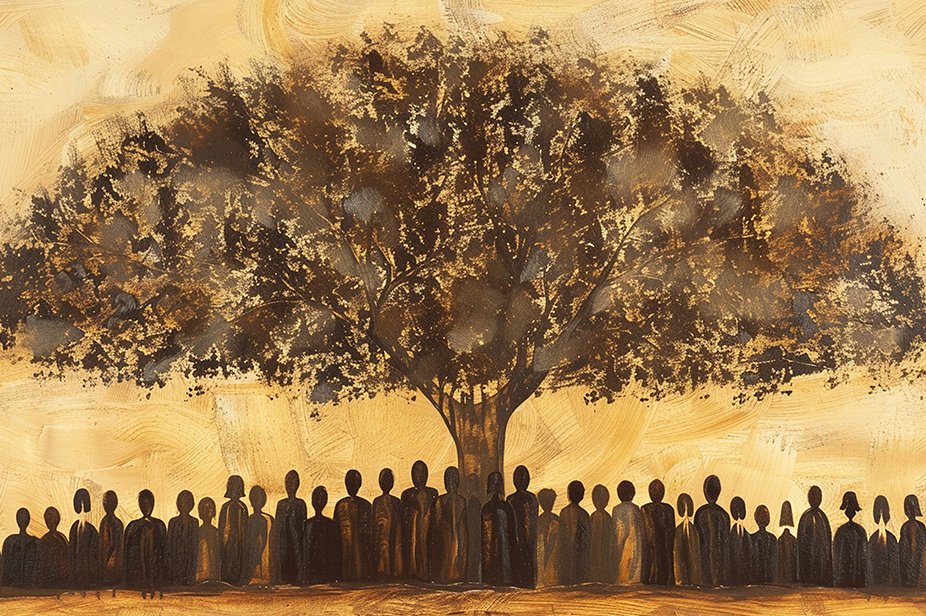THEORETICAL COURSE
Transgenerational Trauma
Where traumatic family scenarios come from, what they are like, and how to work with such issues in psychotherapy.
THEORETICAL COURSE
Transgenerational Trauma
Where traumatic family scenarios come from, what they are like, and how to work with such issues in psychotherapy.
Transgenerational scenarios live “in the shadows” — in unspeakable losses, in the concealment of family secrets, in repeated scenarios and roles (“savior,” “guilty,” “hope of the family”), in dramatic relationships, and in physical symptoms. Exploring these contours provides insight into where there is support in one’s personal history and where there are knots that need to be untangled.
Hello, my name is Tetiana Stanislavska, and I have created a series of lectures and practical classes on transgenerational trauma. It contains my knowledge, many years of experience as a trauma therapist, and a scientific approach (intergenerational trauma during war is the topic of my doctoral dissertation).
We cannot change the past, but we can change our attitudes and the rules we live by — so that we do not pass on to our children what we ourselves did not want to inherit.
As children, we did not always have a choice.
Now we do.
This lecture series is designed for professionals in the fields of psychological counseling and spiritual care: psychologists, clinical psychologists, psychotherapists, counselors, social workers, clinical pastoral care specialists, and public health professionals who wish to explore the family history of their patients/clients and its impact on their lives during wartime from an ecological perspective.
Theoretical course “Transgenerational Trauma” (CPD)
1 and 8
October
2025
6:00 p.m. – 9:00 p.m.
(Kyiv)
10 points CPD
Mechanisms of intergenerational trauma and tools for psychotherapeutic work
While the story remains unclear, the psyche remains tense: “something is wrong,” but it is unclear what. Taboo topics often manifest themselves as anxiety, guilt, sabotage in relationships or work.
Reconstructing family history (facts, names/surnames, occupations, roles, events, relationships, traditions) and identifying blind spots — unspoken losses, “skeletons in the closet,” recurring “family”/hereditary diseases — allow us to see chains of interrelationships and areas of tension.
Curriculum (UA).
Event program (UA).
Requirements for knowledge and experience (UA).

Old family photos on wooden table. Vintage pictures






